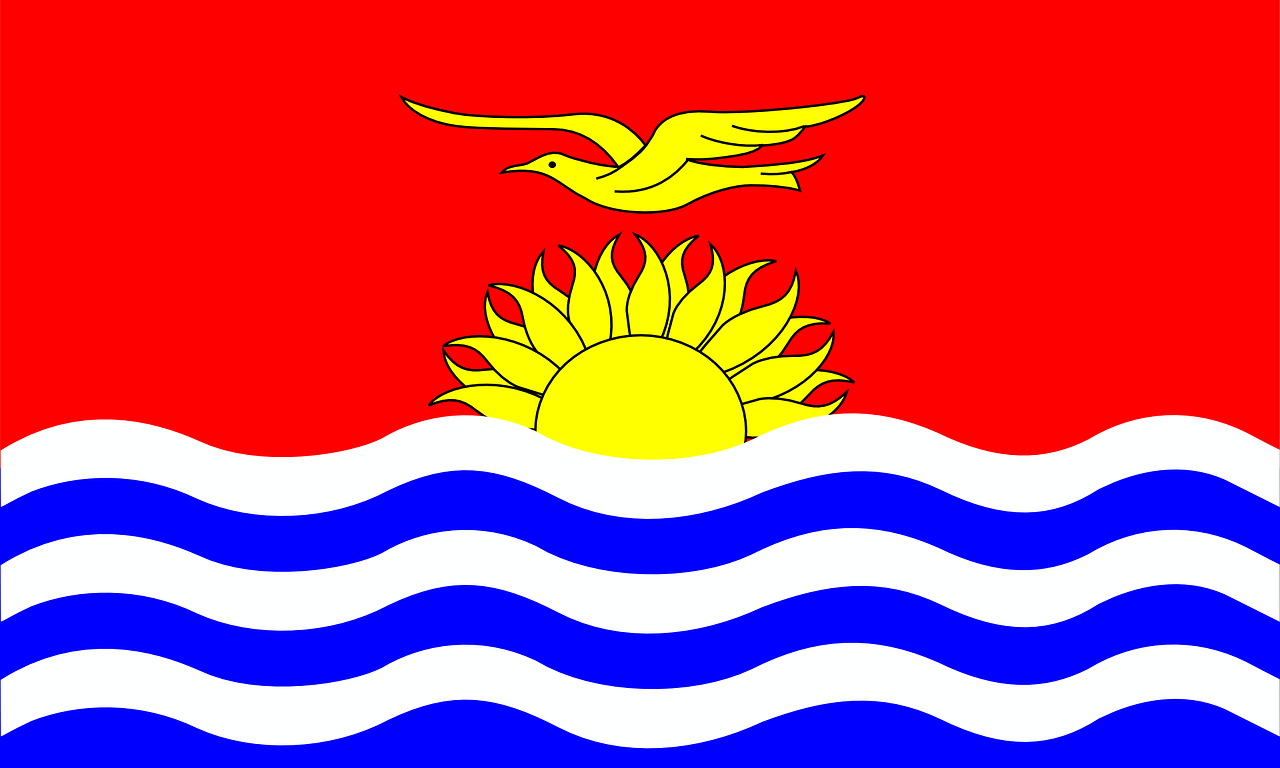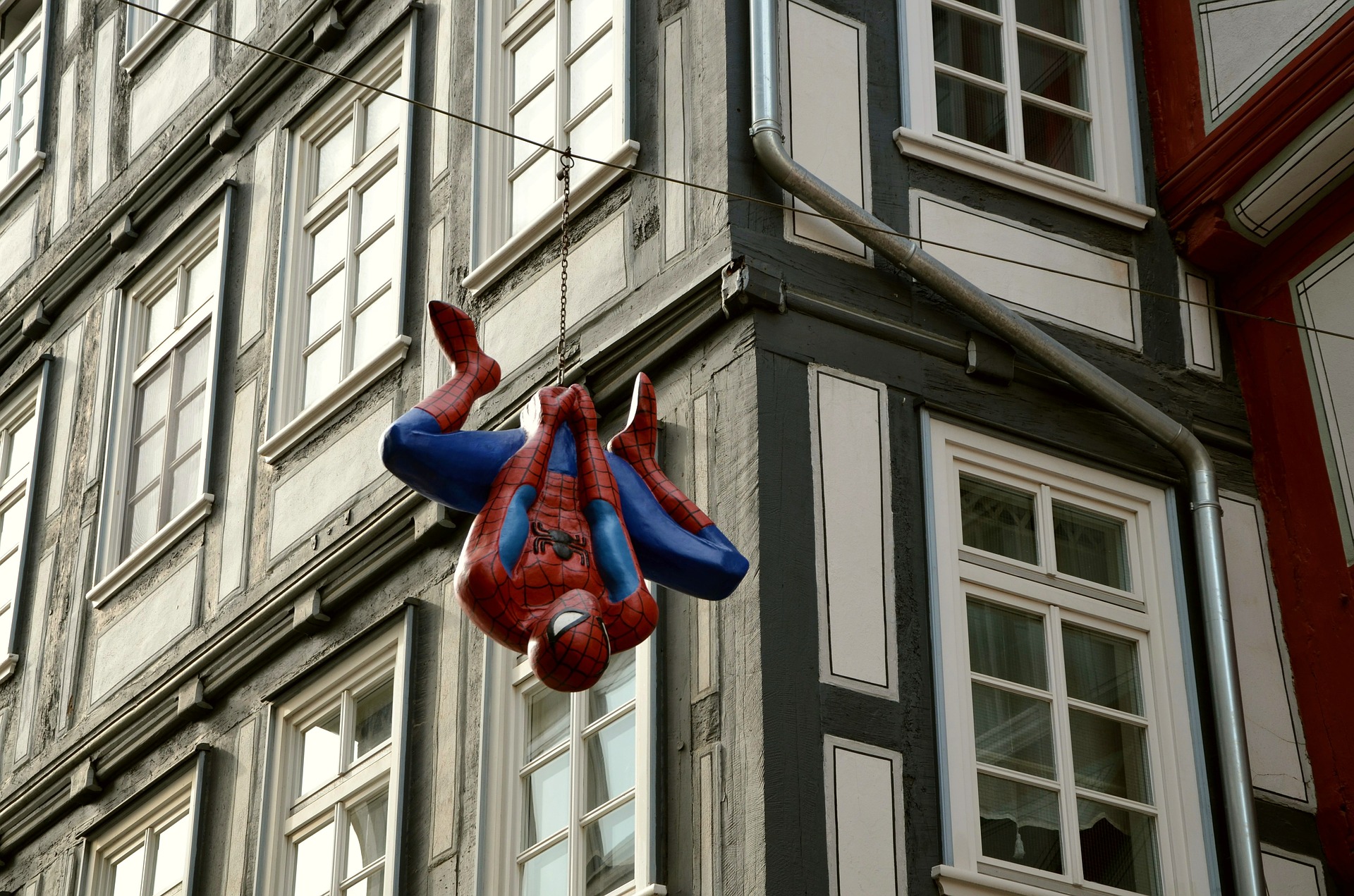At a new tech and smartphone-related event, Xiaomi has announced its first Android Go phone, the Redmi Go. It is a low-end device with a 5-inch 7200 16:9 screen, 1 GB of RAM. Obviously, if you are looking for all the best from a smartphone, you can’t find it in this low-end phone, but this smartphone will still be able to do its job in the best possible way.
Review of the new Xiaomi Redmi Go
The new Xiaomi Redmi Go is based on a Snapdragon 425 processor, an 8-megapixel camera, a 3000 mah battery and 8GB of expandable ROM. These are the main features of a smartphone that certainly has nothing to envy to all the counterparts in the field of telephony.
The Redmi Go is certainly not the best smartphone model on the market, but there is no need for it to be: Xiaomi is approaching the prices of the best manufacturing companies, indeed: the Redmi Go is even cheaper than competitors such as the Nokia 1, with an affordable price of about 70 euros.
Technical characteristics of the new Xiaomi Redmi Go
The new Xiaomi Redmi Go is based on a 6.26-inch WaterDrop 720p display, a snapdragon 632 processor, a 4000mah battery, RAM ranging from 2 to 4GB capacity and a 12-megapixel camera with a 2-megapixel deth sensor. Of course, a headphone jack, a USB port and an IR Blaster are also present.
Xiaomi Redmi Go is based on the Sony IMIX 586 sensor for the Dual camera, different than the new Xiaomi models such as the Redmi 7 that feature real gems on the market. The design of the smartphone is simple (and is a natural continuation of Xiaomi MI9), and is able to offer a combination of high performance and mobility.
The body of the smartphone is made of aluminum alloy and glass, which is great for both stability and true aesthetics, while the IPS display is 5 inches in size with HD offering a resolution of 720*1280 pixels. The pixel density is 294 PPI and the display is protected by Corning Gorilla Glass 3, as well as a 2.5D curved glass screen.
The smartphone is equipped with Qualcomm Snapdragon 425 MSM8917 processor and ARM Cortex A53,1400 MHz. The internal memory is supported by Android 8.1 Oreo Go Edition operating system to run the smartphone. The internal memory is 8 GB. The smartphone is available in different colors (black and blue) which gives the user a stylish and fancy look. The device is also available through Dual SIM.
Technical specifications of Xiaomi Redmi Go
- Model: Xiaomi Redmi Go
- Released: January 2019
- Status: Available
- Dimensions: 70.1 x 140.4 x 8.4 mm
- Weight: 137 grams (with battery)
- Waterproof: No
- Display: IPS
- Size: 5 in (inch)
- Resolution: 720 x 1280 pixels
- Display colors: 16 million colors
- Pixel Density: 294 ppi (pixels per inch)
- Touchscreen: Yes
- Display Protection: Corning Gorilla Glass 3
- Features: Capacitive, Multi-touch, Scratch Resistant
- CPU: ARM Cortex-A53, 1400 MHz, Cores: 4
- GPU: Qualcomm Adreno 308, 500 MHz
- RAM (Memory): 1 GB, 667 MHz
- Internal Memory: 8 GB
- Memory card slots: microSD, microSDHC, microSDXC
- Sensors: Proximity, Light, Accelerometer, Compass
- Operating System: Android 8.1 Oreo Go Edition
- User Interface: Yes
- Camera: Rear camera 7.99 MP (megapixel)
- Image: 3264 x 2448 pixels
- Video: 1920 x 1080 pixels
- Flash: LED
- Front Camera: 7.99 MP (megapixel)
- Network: SIM, Nano SIM, Dual SIM, Nano-SIM / microSD
- Connectivity: Wi-Fi, B, G, N, Wi-Fi Hotspot, Wi-Fi Direct, Wi-Fi Display
- USB: 2.0, Micro USB
- GPS: GPS, A-GPS, GLONASS, BeiDou
- NFC
- Wireless Charging: No
- Headphone jack
- Battery: 3000 mAh, Li-Polymer
- Placement: Yes
- Data: 4G LTE
- Speed: LTE 800 MHz LTE 850 MHz LTE 900 MHz LTE 1700/2100 MHz LTE 1800 MHz LTE 1900 MHz LTE
- 2100 MHz LTE 2600 MHz LTE-TDD 1900 MHz (B39)









